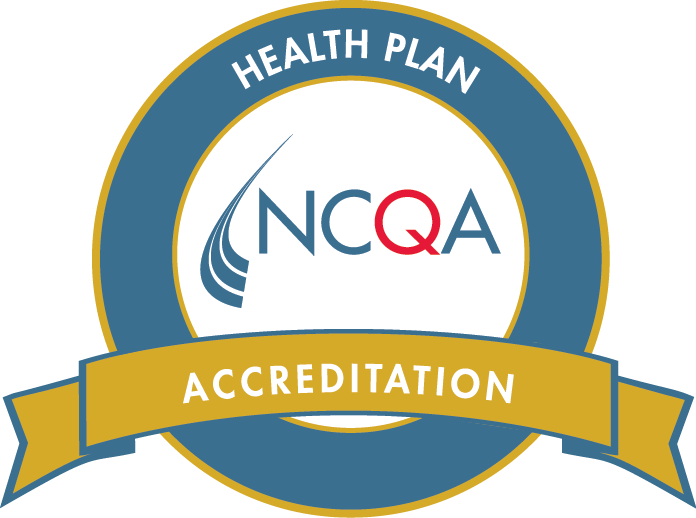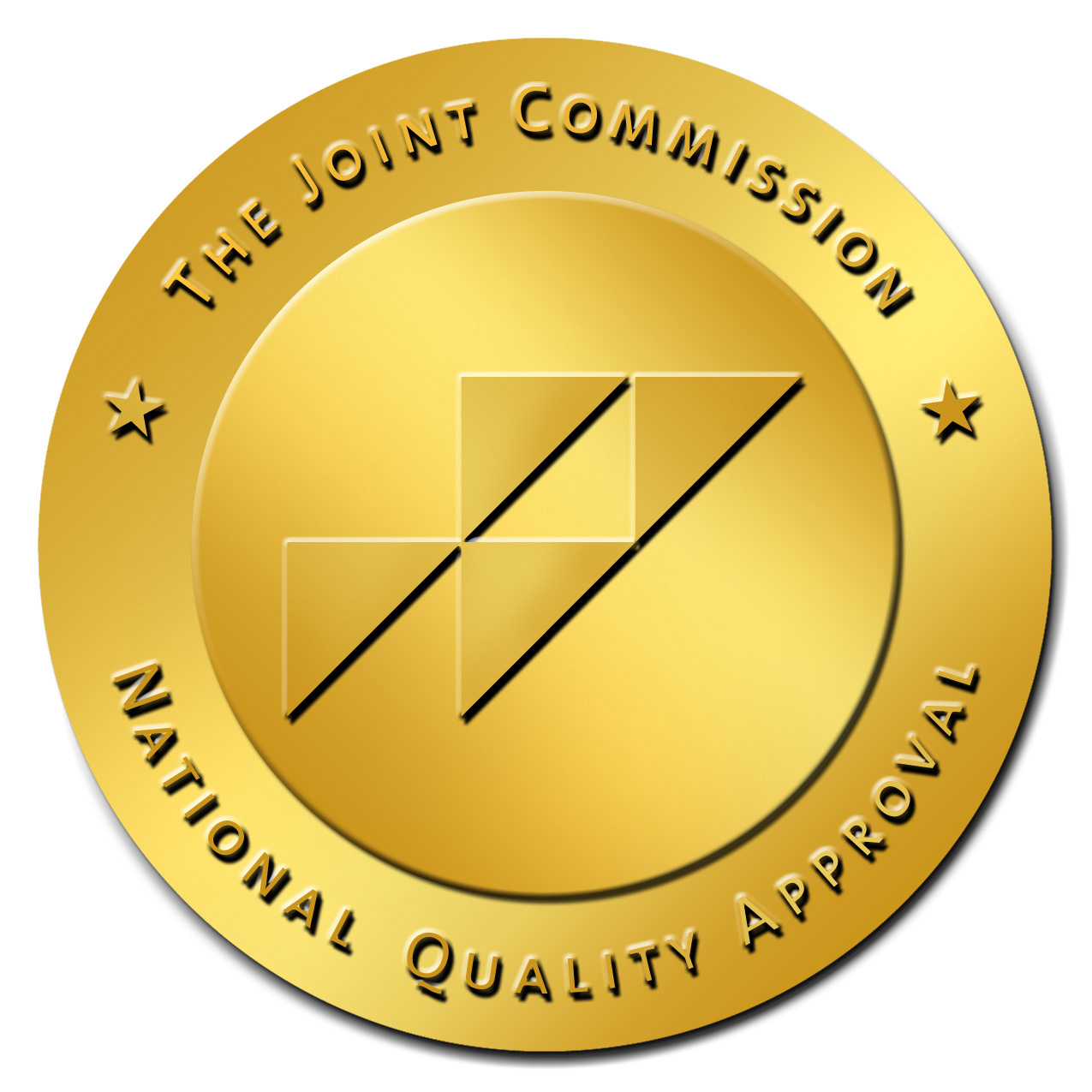What Not to do When Preparing for NCQA Accreditation
NCQA Accreditation is an on-going effort. Even after the initial processes are finished, there are new processes, technology, and standards that have to be worked into your daily work. But for those who are preparing for their first go-around with NCQA accreditation, there are a few measures you can take to ensure the process goes smoothly and without any major hiccups. Let's take a look.








